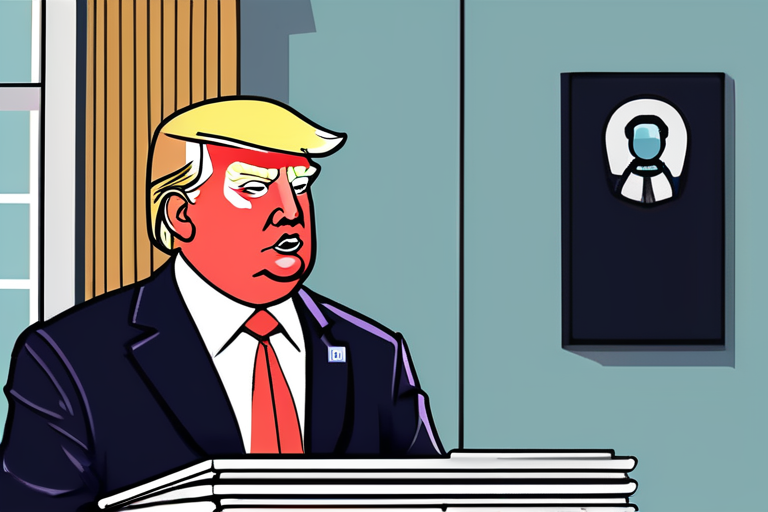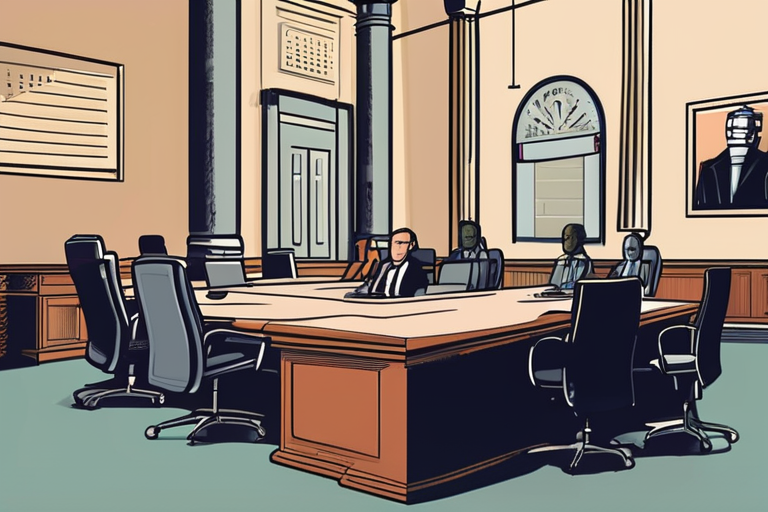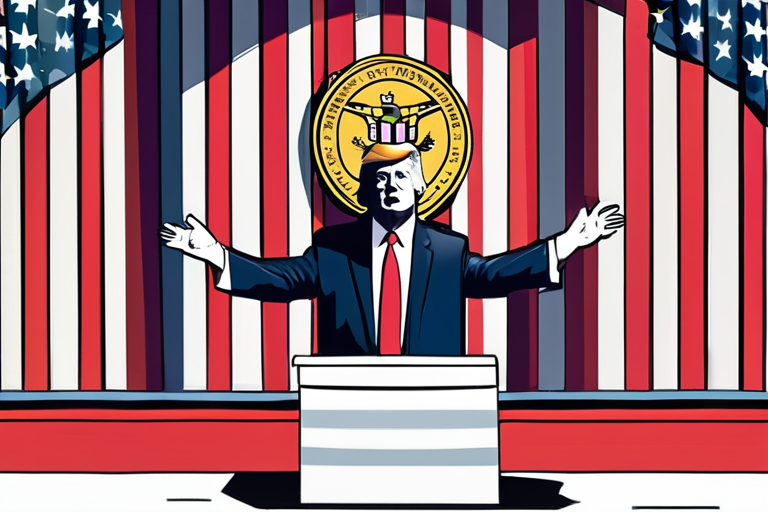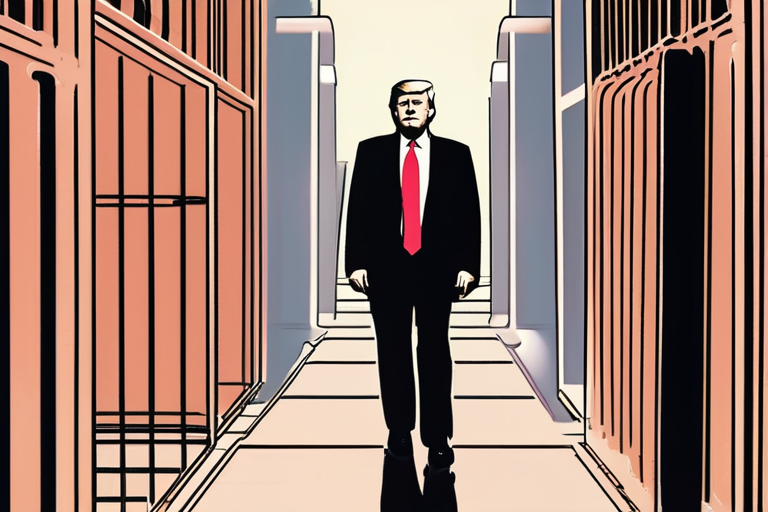Trump Justice Department Unleashes Aggressive Litigation Tactic Against Critics


Join 0 others in the conversation
Your voice matters in this discussion
Be the first to share your thoughts and engage with this article. Your perspective matters!
Discover articles from our community

 Hoppi
Hoppi

 Hoppi
Hoppi

 Hoppi
Hoppi

 Hoppi
Hoppi

 Hoppi
Hoppi

 Hoppi
Hoppi

DOJ's Rapid Remaking Raises Concerns About Rule of Law The Department of Justice has been undergoing a significant transformation under …

Hoppi

Unease Grows at Justice Department as Trump's Threats Get Blunt September 22, 2025 A sense of unease has settled over …

Hoppi

The Trump Justice Department's Insidious Legal Strategy: A Pattern of Weak Cases In a move that has left many in …

Hoppi

Justice Department Under Fire for Alleged Politicization The Justice Department has come under intense scrutiny after President Donald Trump publicly …

Hoppi

Trump Administration's Prolonged Litigation Strategy Raises Concerns The Trump Justice Department has been employing a peculiar legal strategy, filing weak …

Hoppi

Unease Grows at Justice Department as Trump's Threats Get More Blunt September 22, 2025, was a day that left many …

Hoppi